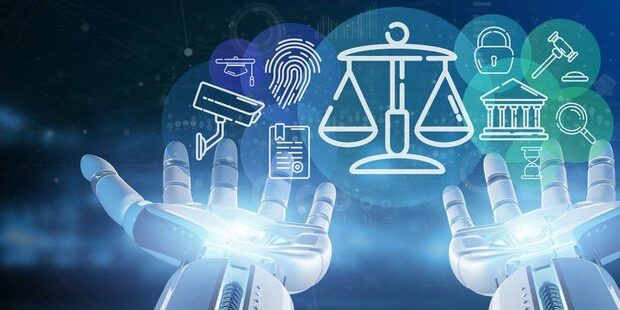
-
Admin
- No Comments
- June 18, 2025
The Future of Generative and Agentic AI: From Creation to Autonomous Action
Introduction
Artificial Intelligence (AI) has entered a new era—not just processing data or making predictions, but creating content and taking action. The rise of Generative AI and Agentic AI is reshaping how businesses, governments, and individuals interact with technology. From generating human-like text and images to deploying intelligent agents capable of task execution, we are witnessing an evolution from passive intelligence to proactive systems.
This blog explores the fundamental differences between generative and agentic AI, their current use cases, future trajectories, and the governance challenges they bring.
What Is Generative AI?
Generative AI refers to models that create new content based on patterns learned from data. These models don’t just retrieve or summarize—they produce original outputs such as text, images, code, audio, and video.
Popular Examples:
- ChatGPT: Generates natural language responses in chat or document form.
- DALL•E & Midjourney: Create images from text prompts.
- GitHub Copilot: Suggests lines of code and full functions for developers.
Enterprise Use Cases:
- Content marketing & SEO automation
- Personalized emails and customer service scripts
- AI-generated prototypes and design mockups
- Legal draft summarization and contract review
Generative AI is now integrated into enterprise platforms like Microsoft Copilot, Google Workspace, Adobe Creative Suite, and more. Its biggest strength is enabling creative scale with fewer human bottlenecks.
What Is Agentic AI?
If Generative AI is about “creation,” Agentic AI is about “action.”
Agentic AI refers to systems that operate semi-autonomously with a defined goal. These AI agents can plan, decide, and act on behalf of a user or system. Instead of responding to each prompt individually, agentic systems sequence tasks, learn from feedback, and continuously adapt.
Key Examples:
- AutoGPT / BabyAGI: Experimental open-source agents that plan multi-step actions
- LangChain Agents: Orchestrate tool use, data retrieval, and decision-making
- Enterprise Task Bots: Automate data scraping, report building, scheduling, and notifications
Agentic Behaviors:
- Prioritize and query datasets
- Connect with APIs to gather new information
- Trigger actions (e.g., sending an email or booking a meeting)
- Monitor for success/failure and retry intelligently
The Trajectory Ahead
The next decade of AI will be about orchestration rather than just generation. As models become more capable and context-aware, they will function less like calculators and more like co-workers.
Emerging Trends:
- Multi-agent environments: Coordinated agents working in parallel
- Personal enterprise agents: Assigned to specific executives or teams
- Goal-conditioned models: AI that understands purpose, not just prompts
- Embedded governance: Real-time guardrails and feedback loops
🌐 According to McKinsey, generative AI could contribute $2.6 to $4.4 trillion annually across industries—but the true scale will be unlocked through agentic systems.
Governance Challenges
With increasing autonomy comes higher risk. Unlike a static chatbot, agentic AI can take external actions, manipulate data, or trigger automated flows. This demands:
- Explainability: Why did the agent choose X over Y?
- Safety mechanisms: Limiting scope, duration, and access
- Audit trails: Tracking each step and interaction
- Bias & fairness checks: Ensuring decision equity
Organizations must treat agentic systems like digital employees—with roles, responsibilities, supervision, and oversight.
Conclusion: Moving from Tools to Teammates
Generative and Agentic AI represent two phases of a much larger shift. What began with language prediction is quickly moving toward autonomous orchestration.
To prepare for this shift, businesses must:
- Identify high-impact automation areas
- Build governance-first frameworks
- Enable human-AI collaboration (not replacement)
The future isn’t just AI-generated. It’s AI-operated—and the leaders will be those who embrace AI with strategy, structure, and responsibility.
👉 Ready to bring Agentic AI into your enterprise stack? Connect with Kompleat to explore what’s possible.




